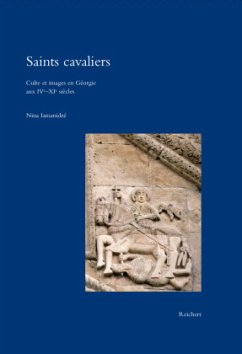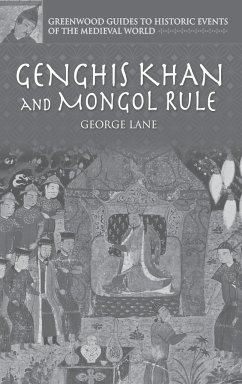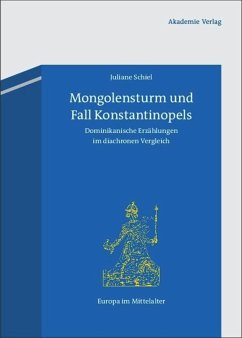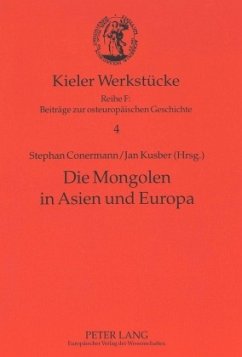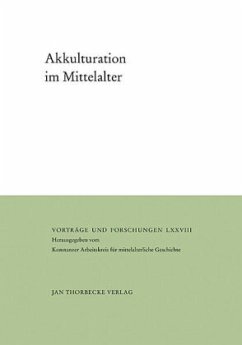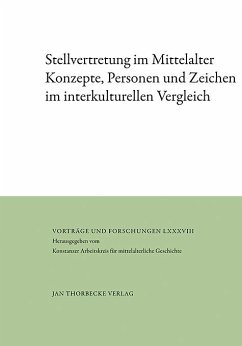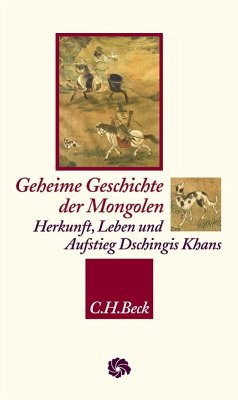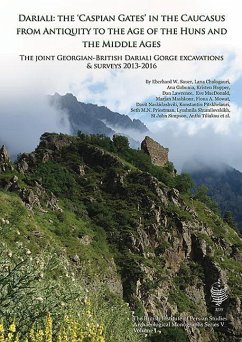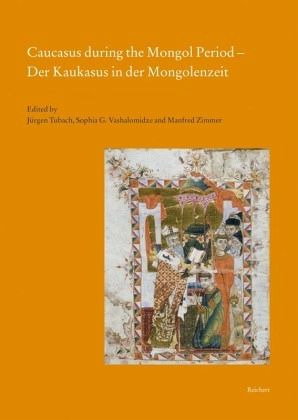
Caucasus during the Mongol Period - Der Kaukasus in der Mongolenzeit
Versandkostenfrei!
Versandfertig in 2-4 Wochen
106,99 €
inkl. MwSt.

PAYBACK Punkte
53 °P sammeln!
The anthology takes a comparative approach to reconstructing the perceptions that the Armenians and Georgians developed of their Mongol conquerors in the 13th and 14th centuries. The focus lies on the perception of the historical outcomes of nomadic / sedentary interactions from the perspective of both the mundane and the clerical nobility. The Caucasus and its immediate sphere of influence as a whole will serve as the regional framework for our anthology. The broad scope of historical sequences regarding the Mongol conquest of Armenia and Georgia and the Mongol domination in and over Armenia ...
The anthology takes a comparative approach to reconstructing the perceptions that the Armenians and Georgians developed of their Mongol conquerors in the 13th and 14th centuries. The focus lies on the perception of the historical outcomes of nomadic / sedentary interactions from the perspective of both the mundane and the clerical nobility. The Caucasus and its immediate sphere of influence as a whole will serve as the regional framework for our anthology.
The broad scope of historical sequences regarding the Mongol conquest of Armenia and Georgia and the Mongol domination in and over Armenia and Georgia will be dealt with, whereby the local idiosyncrasies of these events are of particular interest.
This anthology is suitable for Scientists of Oriental-, Asian- and Caucasus Studies.
The broad scope of historical sequences regarding the Mongol conquest of Armenia and Georgia and the Mongol domination in and over Armenia and Georgia will be dealt with, whereby the local idiosyncrasies of these events are of particular interest.
This anthology is suitable for Scientists of Oriental-, Asian- and Caucasus Studies.
Dieser Artikel kann nur an eine deutsche Lieferadresse ausgeliefert werden.



